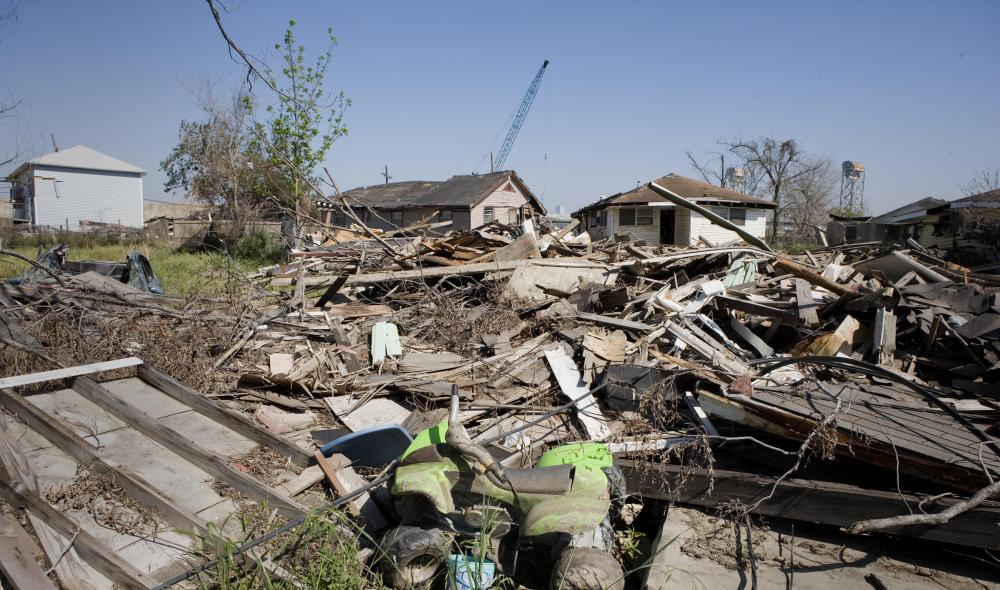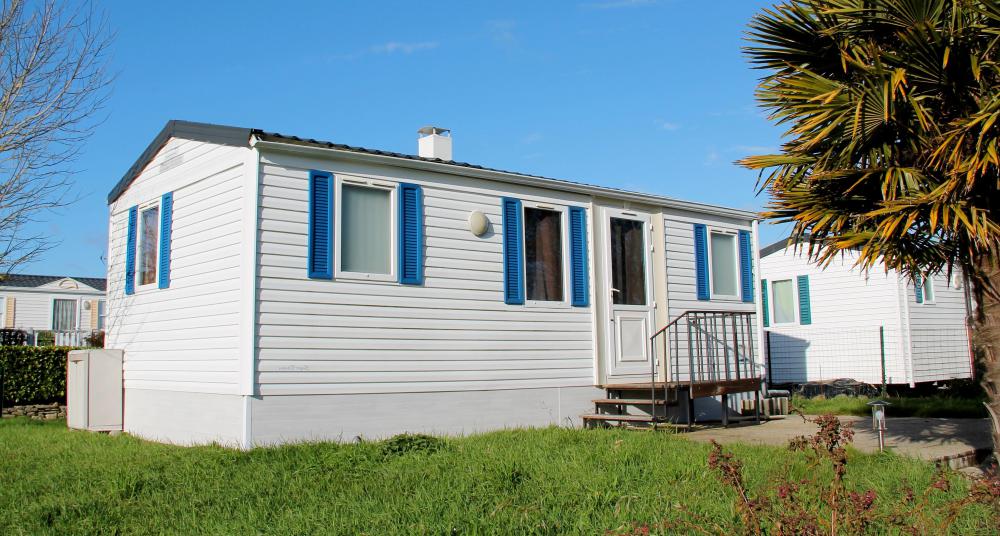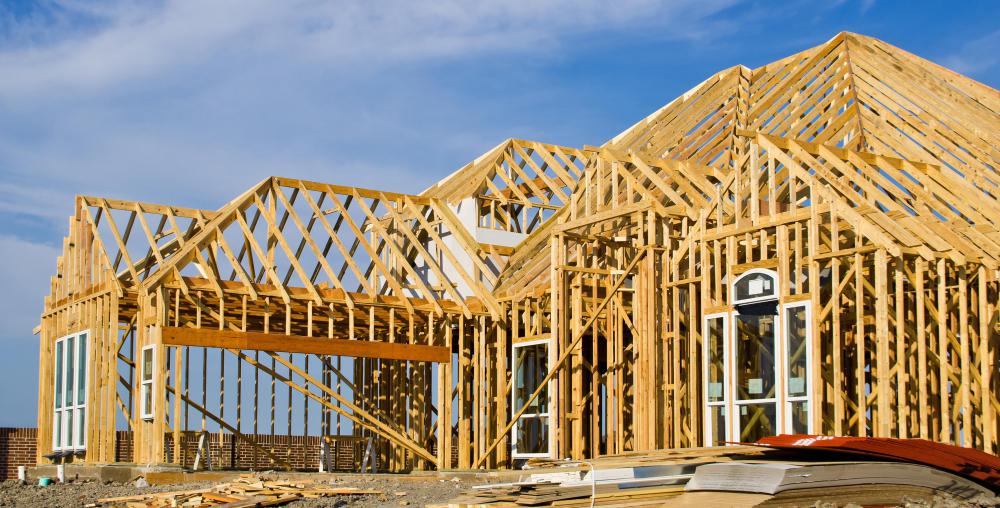At WiseGEEK, we're committed to delivering accurate, trustworthy information. Our expert-authored content is rigorously fact-checked and sourced from credible authorities. Discover how we uphold the highest standards in providing you with reliable knowledge.
What is High-Risk Home Insurance?
High-risk home insurance is a kind of home insurance designed for homes that insurance agencies consider particularly risky to insure. There are several factors that lead an insurance agency to consider a home high-risk. Such factors include the home’s location, construction, and history. Other factors focus on the owner, such as any insurance claims the owner has filed in the past and the owner’s credit rating. Typically, high-risk home insurance is more expensive than a regular home insurance policy, but there are ways owners can obtain discounts and lower their premiums.
One of the most common reasons a homeowner might face high-risk home insurance is the home’s location. If the home is located in an area that’s considered a dangerous part of town, or in a city with a high crime rate, it might be difficult for the owner to purchase homeowners insurance. Also, if the home is located in an area that is often subject to adverse weather conditions such as floods, fires, tornadoes, hurricanes, or snowstorms, insurance agencies might consider it risky to insure.

Some insurance agencies classify mobile homes as high-risk. Typically, this is because mobile homes are constructed of materials that depreciate over time. Sometimes, insurance agencies consider mobile homes and their construction materials less resistant to the kinds of dangers traditional homes can more easily withstand.
It’s possible for homeowners who have filed home insurance claims in the past to face high-risk home insurance. The same is true if a homeowner is living in a property that has had a claim filed on it in the past. This possibility might be more likely if another high-risk factor, such as the home’s location, is in play.

Although it isn’t directly related to the home being insured, a poor credit score or rating could force a homeowner to purchase high-risk home insurance. In cases like this, insurance companies are thinking more about receiving the house insurance payments than they are about potential risks and damages associated with the home. This is because people with poor credit typically have a history of not paying bills or making payments on time.

There are ways to avoid, or at least lower the cost of, high-risk home insurance. Some methods might take longer than others. For example, if poor credit is the reason the owner has to purchase high-risk homeowners insurance, the owner can begin taking steps to improve his credit rating. Once his credit is improved, he can contact his insurance company and discuss a lower home insurance premium. He can even talk with other insurance agencies about the lower premiums they might be able to offer him.

Some insurance companies will offer discounts to people who live in dangerous neighborhoods if they make certain changes and upgrades to their homes. Such changes usually focus on increasing home security. For example, if the owner installs an alarm system or shatterproof windows, the insurance agency might offer a discount.
If a home’s location is considered high-risk due to natural disasters and severe weather conditions, there are changes the owner can make to make the home better able to withstand such conditions. These changes might help lower the cost of the high-risk house insurance, but it’s not likely they will change the home’s high-risk status. Also, homeowners should understand that, depending on the location, it might be impossible to insure the home through a regular insurance agency. In some areas, a homeowner's only option is a government-based or similar program to insure homes in high-risk areas.
AS FEATURED ON:
AS FEATURED ON:
















Discuss this Article
Post your comments